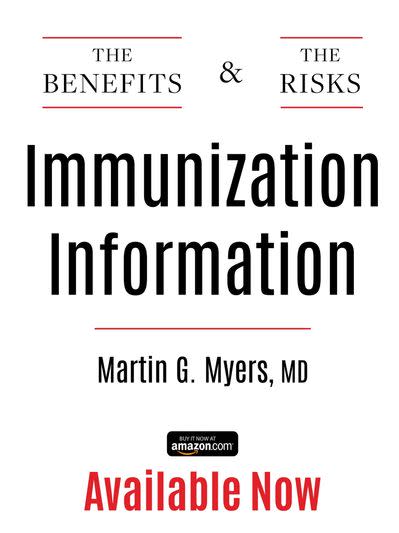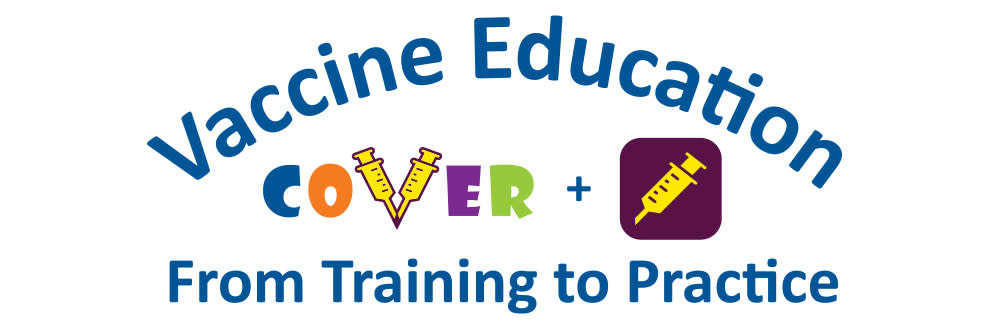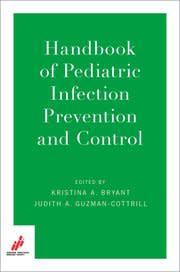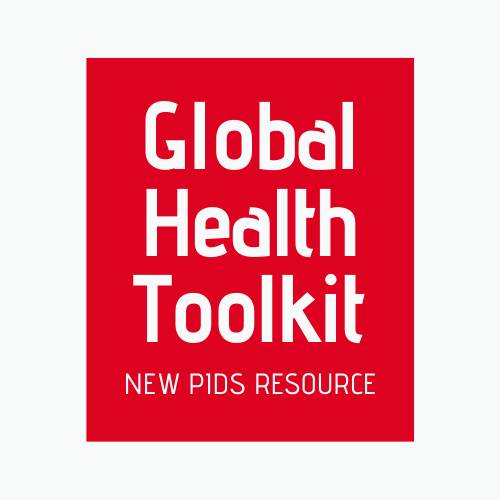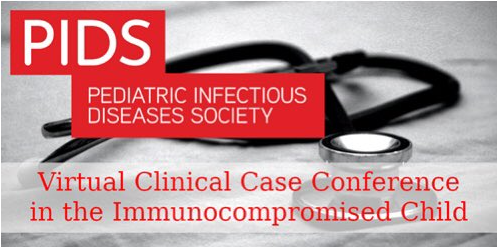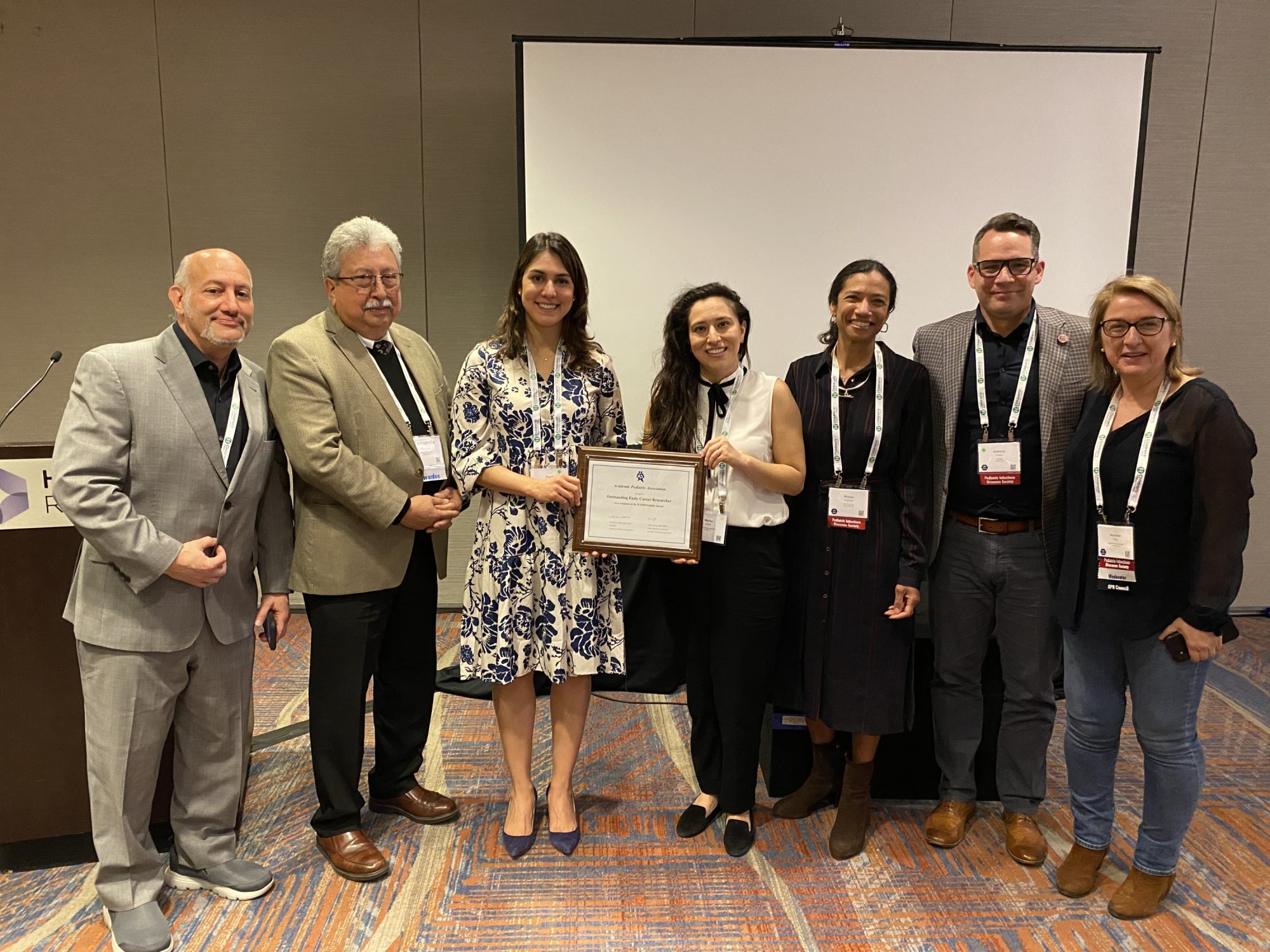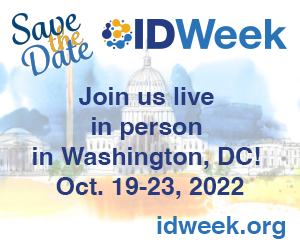PRESIDENT'S LETTER - C. BUDDY CREECH
|
I’ve always had a soft spot for idioms and maxims. My dad’s go-to phrase was “well, if a frog had wings, it wouldn’t bump its butt every time it hopped.” I’m not sure that it had the desired effect of eradicating my childhood excuse making, but it certainly made me smile. My longtime mentor, Dr. Kathy Edwards,
|
has a host of “Kathy-isms” that help us “focus on the donut and not the hole” and keep us from chasing after diagnoses that are “rarer than hen’s teeth.” Now, my son, who is inexplicably a die-hard Sixers fan routinely tells me to “trust the process.”
After recently attending the PAS Meeting in Denver following 2+ years of the pandemic, the phrase, “you don’t know what you’ve got ‘til it’s gone,” rings particularly poignant. Not only was it terrific to be in the room as colleagues shared new science and debated best clinical practices, PIDS also hosted a wonderful reception where we could catch up with old friends and meet new ones.
Having experienced countless zooms and virtual conferences, it was extraordinary to be together again. That was especially true for our trainees, many of whom had never been to an in-person scientific meeting. Read More
|
Immunization Information:
The Benefits & The Risks
Order Now
|
FDA Approves Remdesivir to Treat Young Children with COVID-19
|
CNN reports on the FDA announcement concerning the COVID-19 drug remdesivir and its expanded approval to children younger than 12. Sold under the name Veklury, the drug had been approved for adults and adolescents who weigh at least 88 pounds. Last week’s decision expands the pool of patients eligible for the injection to children as young as 28 days and weighing seven pounds.
It will be the first COVID-19 treatment approved for children in this age group, which is the only group (under five) that remains without an authorized vaccine option. To be eligible, children must be hospitalized or have moderate COVID-19 with a high risk for progressing to severe, even if not hospitalized.
COVID-19 can cause severe illness in children, though it has been less prevalent than in adults. The number of cases in children has seen a sharp increase during the Omicron variant wave. Read More
Commenting on the decision, PIDS member Mari Nakamura said, “Approval of remdesivir for patients under 12 years of age is a welcome development, one that is hopefully just the first of more to come for pediatric patients. It removes barriers to use for children who have severe COVID-19 or are at high risk of disease progression. This decision underscores the importance of studies to confirm safety and efficacy and optimize dosing of therapies in the pediatric population.”
|
Measles Cases Jump 79% in 2022 After COVID Hit Vaccination Campaigns
|
In a story by Reuters, data from UNICEF and WHO show cases of measles jumped 79% in the first two months of 2022 compared to 2021. Reported cases for January and February of this year totaled 17,338 worldwide, up from 9,665 for the same period of last year. The leap has been attributed to disruptions in child vaccination campaigns around the world due to COVID-19.
The highly transmissible disease’s nature, along with the immunization gaps and relaxing of masking and social distancing in the wake of the pandemic was described by the executive director of UNICEF as a “perfect storm.” The five countries with the largest measles outbreaks in the last 12 months were Somalia, Liberia, Yemen, Afghanistan and Ivory Coast.
Nineteen measles immunization campaigns were affected worldwide by the pandemic, putting 73 million children at risk, according to the two organizations. Campaigns for other diseases, such as typhoid and polio, were also disrupted. Read More
PIDS member Alexandra Yonts commented, "The sudden increase in vaccine preventable diseases, such as measles, in many countries across the world is unfortunately not surprising in the wake of the global pause in a multitude of non-COVID related public health programs during the pandemic. Though vaccine programs in much of the developing world were initially put on hold in early-to-mid 2020, susceptible children were protected from other highly transmissible infections for the first year of the pandemic due to ongoing non-pharmacological measures (i.e. masking)...If immunization rates remain below the level required for herd immunity, which is around 90% for measles as an example, we can expect the return of outbreaks."
|
JPIDS editors have curated a special PAS Meeting 2022 collection of relevant articles. The collection will be open access through June. We encourage you to use this opportunity to share our journal with colleagues and trainees who may find the articles of interest.
The Journal of the Pediatric Infectious Diseases Society boasts a 3.164 impact factor and is the #1 pediatric infectious diseases journal in the world. Please enjoy the recent JPIDS content below selected for you this month:
|
PIDS Society Awards recognize members who have made significant contributions to the field of pediatric infectious diseases and have earned recognition for their work.
The call for nominations for the awards listed below will open soon with a deadline for submissions of Thursday, June 30.
- Walter T. Hughes Distinguished Physician Award
- Distinguished Research Award
- Distinguished Service Award
- Caroline B. Hall Clinically Innovative Research Award
- Young Investigator Award
|
APPLY NOW TO BECOME FPIDS
|
Becoming a Fellow of the Pediatric Infectious Diseases Society demonstrates to your peers and the world your commitment to professional excellence and service to pediatric infectious diseases.
Applicants must be a PIDS member for at least seven years and meet specified criteria for either the clinical/educator or academic/investigator/administrator tracks (criteria available on the FPIDS page).
Applicants are reviewed by the PIDS Board of Directors. Disposition letters are sent to each applicant following the July board meeting.
The deadline to apply for FPIDS is Monday, June 13, 2022
|
RAPID AWARDEES RECOGNIZED AT PAS
|
PIDS partnered with the American Pediatric Association to create the Research in Academic Pediatrics Initiative on Diversity (RAPID). Grants target early career scholars who identify as underrepresented in medicine, disabled, or from a socially, culturally, economically, or educationally disadvantaged background, and who are committed to a career in academic general pediatrics.
|
Pictured L to R: Glenn Flores, Fernando Mendoza, Ana Quintero (awardee), Marisa Orbea (awardee), Kristen Feemster, Anthony Flores, and Asuncion Mejias
|
The most recent RAPIDS awardees were recognized at April's PAS Meeting in Denver, Colorado. Ana Quintero (Nationwide Children's Hospital) and Marisa Orbea (Baylor College of Medicine) were honored in a special session attended by PIDS and APA members. The 2023 RAPID cycle will be announced this summer.
|
Mark your calendars. You don't want to miss out on any of the webinars, meetings, conferences or any of the other phenomenal PIDS-related events. We hope to see you at any one or more of these upcoming events!
|
|



